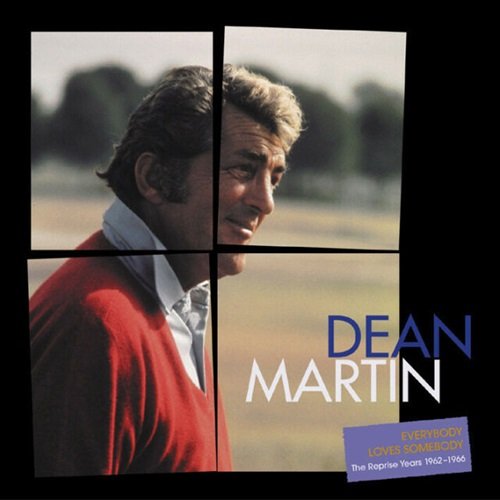The Durutti Column - Short Stories For Pauline (2017 Reissue) LP
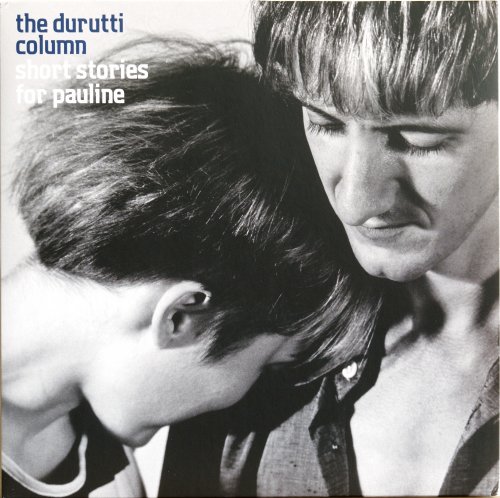
Artist: The Durutti Column
Title: Short Stories For Pauline
Year Of Release: 2012
Label: Factory Benelux, FBN 36
Genre: Indie Rock, Post Punk, Post Rock, Art Rock
Quality: FLAC (image+.cue,scans) 24/96
Total Time: 45:24
Total Size: 910 MB
WebSite: Album Preview
Tracklist:Title: Short Stories For Pauline
Year Of Release: 2012
Label: Factory Benelux, FBN 36
Genre: Indie Rock, Post Punk, Post Rock, Art Rock
Quality: FLAC (image+.cue,scans) 24/96
Total Time: 45:24
Total Size: 910 MB
WebSite: Album Preview
A1. At First Sight [4:16]
A2. Duet [2:30]
A3. College [3:29]
A4. Invitations [3:58]
A5. Destroy, She Said [3:45]
A6. Model [1:41]
A7. Journeys By Vespa [3:21]
B1. Take Some Time Out [3:33]
B2. A Silence [4:41]
B3. Mirror A [2:10]
B4. Cocktail [2:06]
B5. Telephone Call [1:41]
B6. Mirror B [3:42]
B7. A Room In Southport [4:27]
When working toward a fourth album for his softly tumultuous post-rock predicting unit Durutti Column in 1983, Vini Reilly collaborated with Tuxedomoon viola player Blaine L. Reininger on a gorgeously sad piece called "Duet," a short and filmic song that found Reininger's restless viola swells in a lover's quarrel with Reilly's pleading piano. The song was one of many pieces under construction for an album to be titled Short Stories for Pauline, but upon hearing the song, Factory Records head honcho Anthony Wilson insisted the Durutti Column make an album based entirely around its neo-classical leanings, and "Duet" expanded into 1984's turbulent Without Mercy while the rest of the songs were put on ice. Seeing its first widescale release in 2012 (though several tracks have appeared in various forms over the years), Short Stories for Pauline sheds light on an important early phase of what would prove to be Durutti Column's extensive development over the next several decades. Recorded at the height of the Factory Records scene, the echoey drums and detached, icy emotional veil that was a trademark of many of the artists on the label saturate much of the album. Reilly's unique direct guitar tones and affinity for moody instrumental compositions set him apart from some of the more rock-rooted bands on the label, and Short Stories for Pauline sees him on a creative hot streak, melding classical underpinnings with the minimal rhythms of some of his goth rock contemporaries like Section 25 and Joy Division. The reverb-coated drums of "College" and "Invitations" blend into bleak instrumental landscapes guided by Reilly's brittle guitar tones and held in place by chorus-heavy basslines. "Take Some Time Out" has a dour vocal not unlike Genesis P-Orridge's more gentle work in Psychic TV, and along with "A Silence" and the ghostly female vocals on "Mirror A," it's one of the few songs that's not completely instrumental. Short Stories for Pauline's 14 songs don't feel like an unfinished collection of sketches as much as they do a sadly shelved lost album. While "Duet" is certainly beautiful enough to merit basing an entire album around its sound, the rest of these forgotten songs find the still young Durutti Column in a creative flourish that could have spun an album's worth of material out of any of these songs, from the sad-hearted jazz experiment of "Cocktail" to the gorgeous harp-heavy sounds of the tentative album closer, "A Room in Southport."
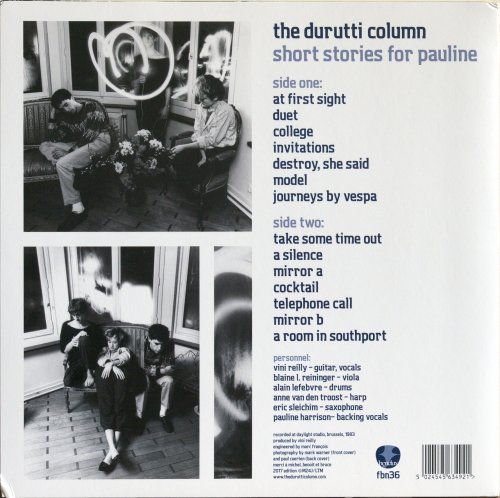
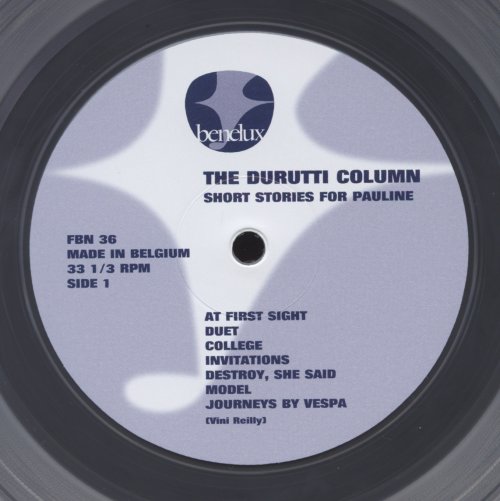
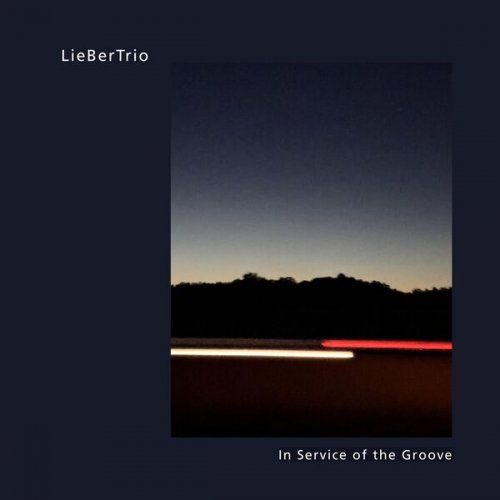


![Rachel Kitchlew, SFJ - Flirty Ghost (2025) [Hi-Res] Rachel Kitchlew, SFJ - Flirty Ghost (2025) [Hi-Res]](https://www.dibpic.com/uploads/posts/2025-12/1765896408_qvf41hr1ljj8a_600.jpg)
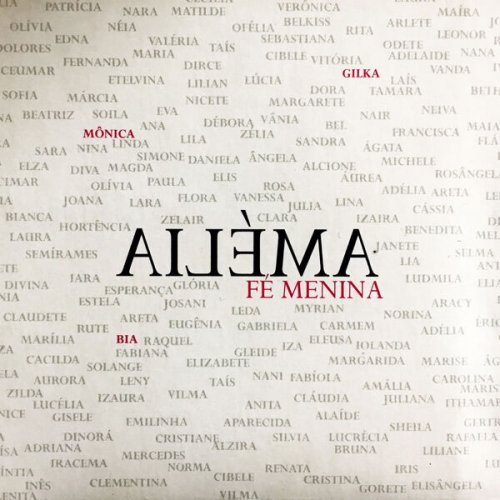
![Nābu Pēra - Soundscapes of Nicosia (2025) [Hi-Res] Nābu Pēra - Soundscapes of Nicosia (2025) [Hi-Res]](https://img.israbox.com/img/2025-12/14/lhs20jten1ip5ht0uibyjocfe.jpg)
![Chewing, Dave Harrington, Ryan Hahn, Spencer Zahn - Quintet (Live in Los Angeles) (2025) [Hi-Res] Chewing, Dave Harrington, Ryan Hahn, Spencer Zahn - Quintet (Live in Los Angeles) (2025) [Hi-Res]](https://img.israbox.com/img/2025-12/12/owakjkfg0whflv2rzyocno89p.jpg)
